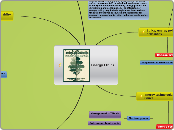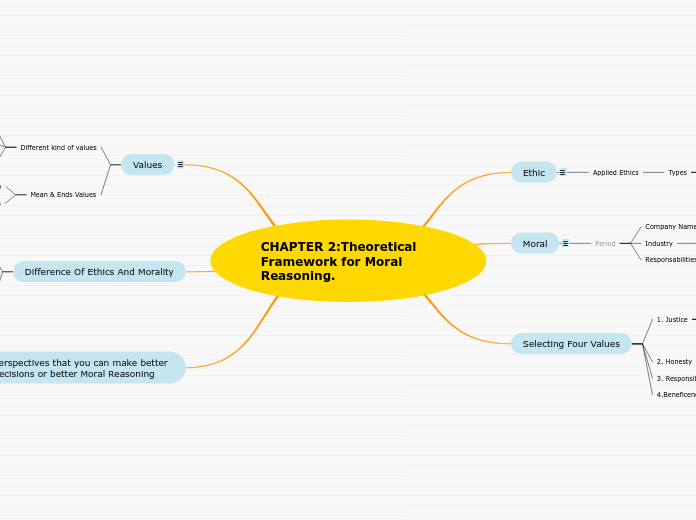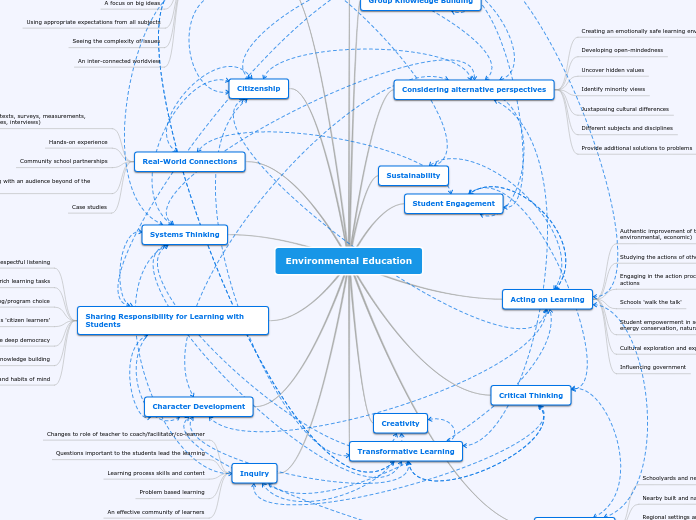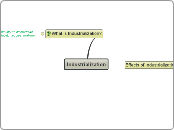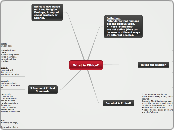Energy Ethics
Facts about energy
1. Over 70% of electricity in the U.S. is generated from non-renewable sources.
2. Coal is used to generate almost half of the electricity produced in the U.S. When coal is burned as fuel, it gives off carbon dioxide, the main greenhouse gas linked to global warming.
3. About 30% of the energy used in commercial and industrial buildings is used inefficiently or unnecessarily.
4. If the energy efficiency of commercial and industrial buildings improved by 10%, it would equal a reduction in greenhouse gas emissions equal to taking 30 million cars off the road.
5. More than 25% of energy consumption in homes goes to lighting.
6. Only about 10% of the energy used by a bulb creates light, the other 90% creates heat.
7. If you replace 25% of your light bulbs with fluorescents, you can save about 20% on your lighting bill.
8. Home refrigerators in the U.S. use the same amount of electricity as 25 large power plants every year.
9. Around 80% of the energy used to wash clothes comes from heating the water. Using warm or cool water will save energy and get clothes just as clean.
10. Stopping air leaks around the house, can save you as much as 10% on heat and air conditioning costs.
11. Many electronics use energy even when turned off to keep display clocks lit and remote controls working.
General ethical issues of sustainability and energy
Distribution
Distributive justice
Consumption
Risk and uncertainty in the case of future generations
What Is Energy?
Energy forms are either potential or kinetic. Potential energy comes in forms that are stored including — chemical, gravitational, mechanical, and nuclear.
Energy technologies and their ethical issues
Energy systems
Biofuel
Environmental and technical issues
Food VS Fuel
Nuclear power
Subthuman health opic
Management of Waste
Ethics, energy policy and political philosophy
Policies
Energy policy is the manner in which a given entity (often governmental) has decided to address issues of energy development including energy production, distribution and consumption. The attributes of energy policy may include legislation, international treaties, incentives to investment, guidelines for energy conservation, taxation and other public policy techniques.
Ethical evaluation of energy policies
Factors within an energy policy
There are a number of elements that are naturally contained in a national energy policy, regardless of which of the above measures was used to arrive at the resultant policy. The chief elements intrinsic to an energy policy are:
-What is the extent of energy self-sufficiency for this nation
- Where future energy sources will derive
-How future energy will be consumed (e.g. among sectors)
- What fraction of the population will be acceptable to endure energy poverty
- What are the goals for future energy intensity, ratio of energy consumed to GDP
-What is the reliability standard for distribution reliability
-What environmental externalities are acceptable and are forecast
-What form of "portable energy" is forecast (e.g. sources of fuel for motor vehicles)
-How will energy efficient hardware (e.g. hybrid vehicles, household appliances) be encouraged
- How can the national policy drive province, state and municipal functions
-What specific mechanisms (e.g. taxes, incentives, manufacturing standards) are in place to implement the total policy
Long or Short terms
Decision making
People who make decisions
